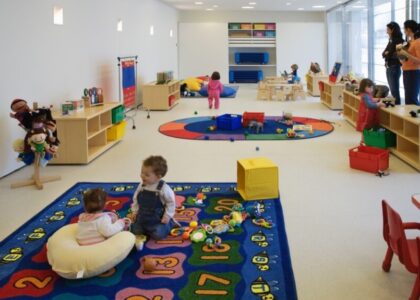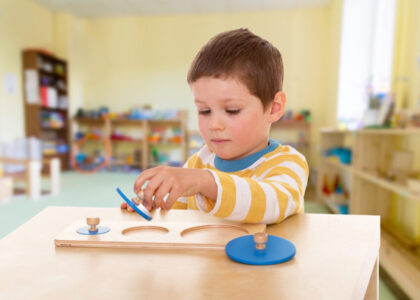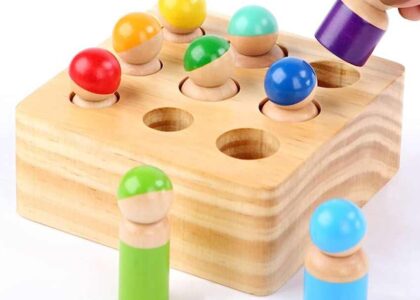Unlocking the Power of Preschool Education: A Guide to Early Childhood Development
Introduction
Preschool education plays a crucial role in shaping a child’s future. It is during these early years that children lay the foundation for their cognitive, social, emotional, and physical development. In this article, we will explore the power of preschool education and discuss the various aspects of early childhood development.
I. The Importance of Preschool Education
A. Cognitive Development
Preschool education focuses on stimulating a child’s intellectual growth through activities that promote critical thinking, problem-solving skills, and creativity. Research has shown that children who attend preschool have enhanced cognitive abilities, leading to better academic performance later in life.
B. Social and Emotional Development
Preschool provides an ideal environment for children to develop social skills and emotional intelligence. It encourages interaction with peers, teaches empathy, and promotes self-regulation. These skills are crucial for establishing healthy relationships and adjusting to new social settings.
II. Components of Preschool Education
A. Structured Learning
Preschool programs are designed to introduce children to structured learning environments. Through a variety of activities, such as storytime, circle time, and educational games, preschoolers learn to follow instructions, focus their attention, and develop essential academic skills.
B. Play-Based Learning
Play is a fundamental aspect of early childhood development. Preschool education incorporates play-based learning strategies that allow children to explore, experiment, and discover the world around them. Play is not only enjoyable for children, but it also fosters their imagination, curiosity, and problem-solving abilities.
III. Ensuring Holistic Development
A. Physical Development
Preschool education emphasizes the importance of physical activities to support a child’s motor skills development. Gross motor skills, such as running and jumping, are enhanced through outdoor play, while fine motor skills, like using scissors and writing, are refined through various crafts and writing exercises.
B. Language and Literacy Development
Preschoolers are exposed to a language-rich environment, which helps develop their vocabulary, listening skills, and comprehension abilities. Teachers engage children in storytelling, reading, and verbal interactions, encouraging language development and setting the stage for future literacy skills.
C. Creative Development
Art, music, and drama play a significant role in preschool education as they encourage self-expression, imagination, and creativity. Preschoolers participate in various creative activities like drawing, painting, singing, and role-playing, enhancing their cognitive and motor skills, as well as fostering their emotional well-being.
IV. Parental Involvement and Support
Preschool education is more effective when there is collaboration between educators and parents. Regular communication and parental involvement allow parents to understand their child’s progress, strengths, and areas for improvement. This partnership enables parents to reinforce learning at home and provides a consistent approach to a child’s development.
Conclusion
Unlocking the power of preschool education is vital for providing young children with a strong foundation for their future. Preschool provides an enriching environment for cognitive, social, emotional, and physical growth. By focusing on structured learning, play-based activities, and holistic development, preschool education ensures that children are well-prepared for success in school and beyond. Parents and educators must work together to support and nurture a child’s early childhood development, ensuring that each child is given the opportunity to thrive.
Nidhin
For More Details Call: +917510220582





